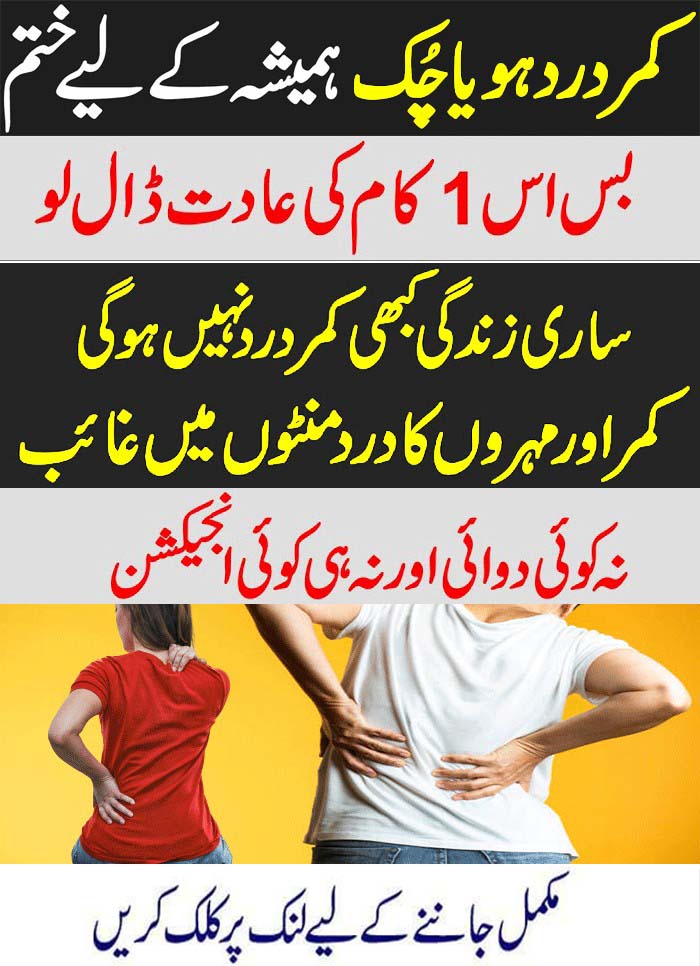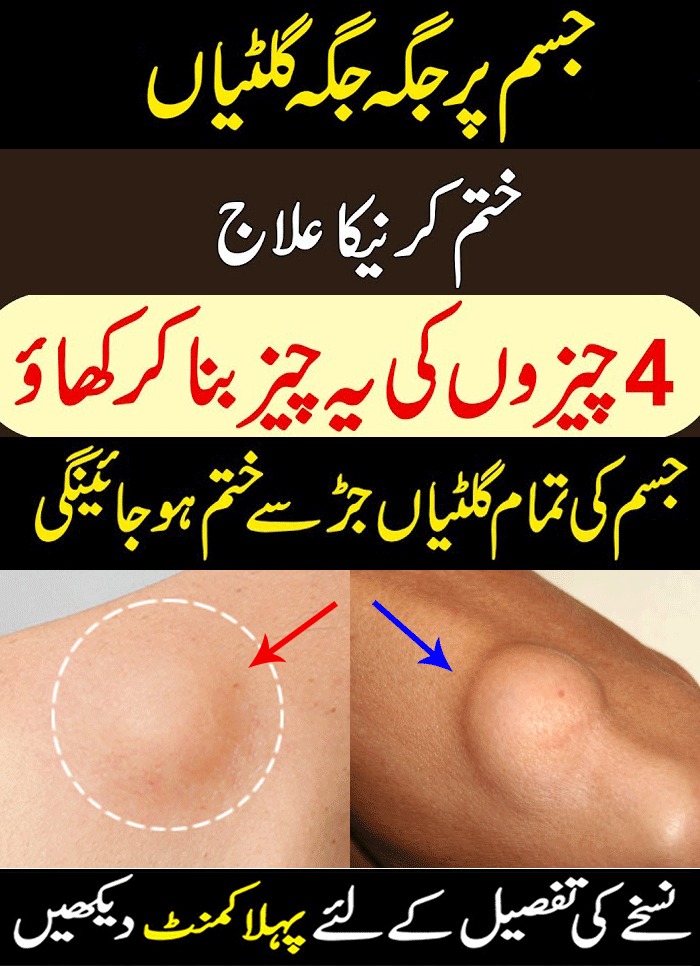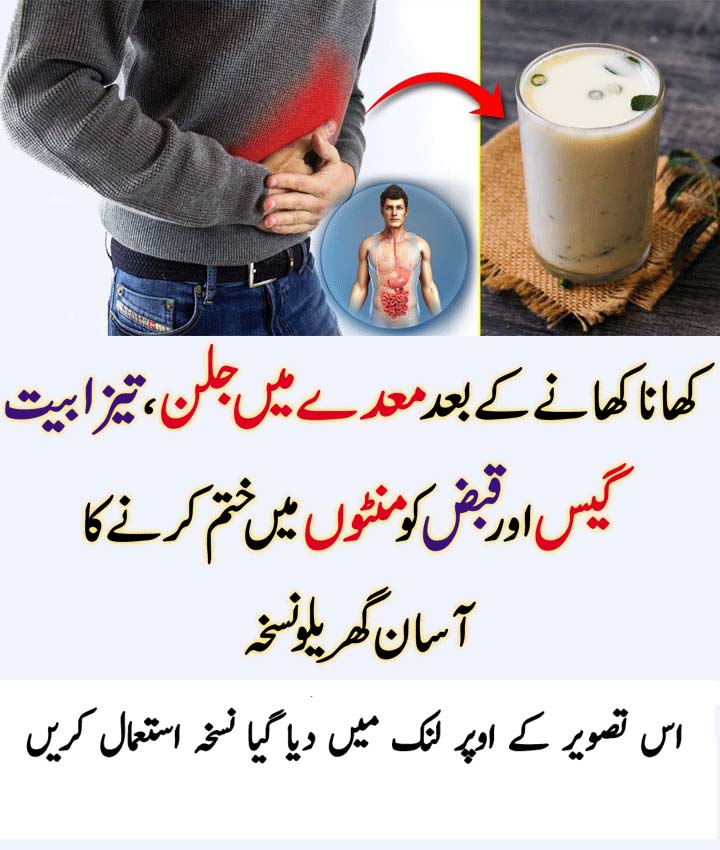LONDON: Standing on the sidelines when a partner battles depression can feel like a helpless experience. You might feel confused, frustrated, and overwhelmed. You might feel like every attempt you make to “help” your partner is either rejected or, worse, ignored. You might even begin to feel responsible for your partner’s depression in some way. You are not alone.
Advertisement
Depression is an isolating illness that can negatively impact relationships and leave loved ones feeling helpless and afraid. The mood in major depression is often described as sad, hopeless, discouraged, or feeling down, but it can also include persistent anger. Angry outbursts and blaming others are common. Social withdrawal and lack of interest or pleasure are common among depressed people.

Family members noticed that depressed people seem not to care about finding joy anymore. All of these factors can make it difficult to know how to help a depressed partner. But your support is important. You can’t cure your partner’s depression, but you can help your partner along the road to recovery.
Learn about depression:
While the essential feature of major depressive disorder is a period of at least two weeks during which there is either depressed mood or loss of interest or pleasure, depression is not a static illness.
People with depression can have very good days, even a few good days in a row, only to experience significantly depressed moods once again. There is an ebb and flow to depression that isn’t always understood by loved ones.
Depression can include the following symptoms:
Feelings of sadness, tearfulness, or hopelessness
Changes in appetite (including weight gain or loss)
Sleep disturbance (sleeping too much or too little)
Loss of interest or pleasure in normal activities
Fatigue (even small tasks can require extra time)
Anxiety or agitation
Anger outbursts
Feelings of worthlessness or guilt (including ruminating on past events)
Trouble thinking, concentrating or making decisions
Frequent thoughts of death, including suicidal thoughts
Unexplained physical symptoms
An important first step in helping your partner is to understand the disease. Symptoms of depression can vary, and can change over time. You can certainly read about depression and consult a professional for more information, but the best way to understand how your partner experiences depression is to ask open-ended questions and use empathic listening.
Be there:
You might feel like the best way to be helpful is to find the best available treatment in your area, find support groups, or talk to other people battling depression to find out what “works,” but often the best thing you can do for your partner is simply show up.
You don’t have all the answers, and that’s okay, but what you can do is sit and listen. You can hold your partner’s hand, offer hugs, and be present. You can respond with encouraging statements:
“Tell me what I can do to help.”
“You are important to me.”
“I am here for you.”
“We will get through this together.”
Encourage treatment:
For many people with depression, symptoms are severe enough to cause noticeable problems in daily activities, such as work, school, social activities, or relationships. Other people, however, might not recognize that they’re depressed. They might not understand the symptoms of depression and think that their feelings are just something they have to endure.
All too often, people feel that they just have to will themselves better, but depression seldom improves without treatment. You can help your partner by encouraging treatment and being there during appointments.
Help your partner consider getting treatment by doing the following:
Share the symptoms you’ve noticed.
Express your concern.
Express your willingness to help, including making and preparing for appointments.
Discuss what you’ve learned about depression.
Talk about treatment options, including psychotherapy, medication, and lifestyle changes.
Create a supportive home environment:
It’s important to remember that your partner’s depression isn’t anyone’s fault. While you can’t fix it, your support will help your partner work through this difficult time.
Changes in lifestyle can make a big difference during the treatment process. Because depression can zap a person’s energy and affect both sleep and appetite, it can be difficult for depressed people to make healthy choices. You can help:
Focus on healthy eating. Get your partner involved in planning and cooking healthy meals together to encourage better food choices.
Exercise together. Daily exercise can boost your mood. Plan a daily walk or bike ride to inspire getting back to exercise.
Help your partner stick with treatment. Whenever possible, drive to appointments together and sit in the waiting room. Psychotherapy can be emotionally exhausting in the early stages. Having support helps.
Create a low-stress environment. Routines can help depressed people feel more in control of their day-to-day lives. Consider creating a daily schedule to handle meals, medications, and chores.
Make plans together. Depression can cause a loss of interest in pleasurable activities. To that end, depressed people sometimes avoid social interactions. Make a weekly date to rent a movie, go for a hike, or even play board games. Start small to help your loved one begin socializing again.
Give positive reinforcement. When people feel hopeless, they tend to judge themselves harshly. Be sure to point out strengths and areas of improvement to help your partner see progress.



